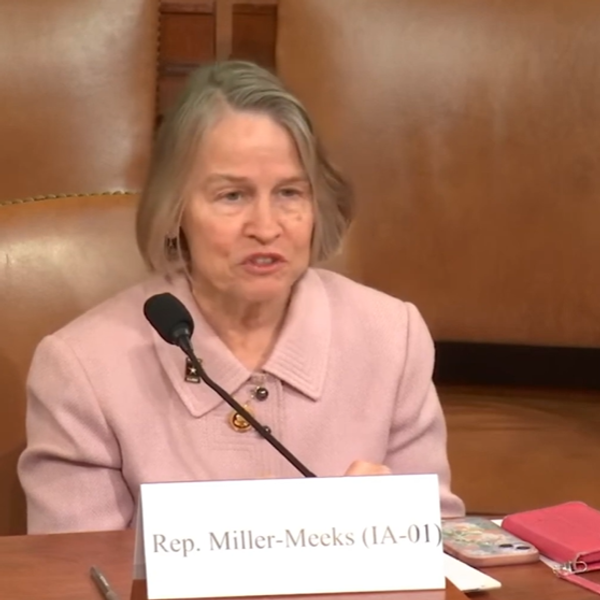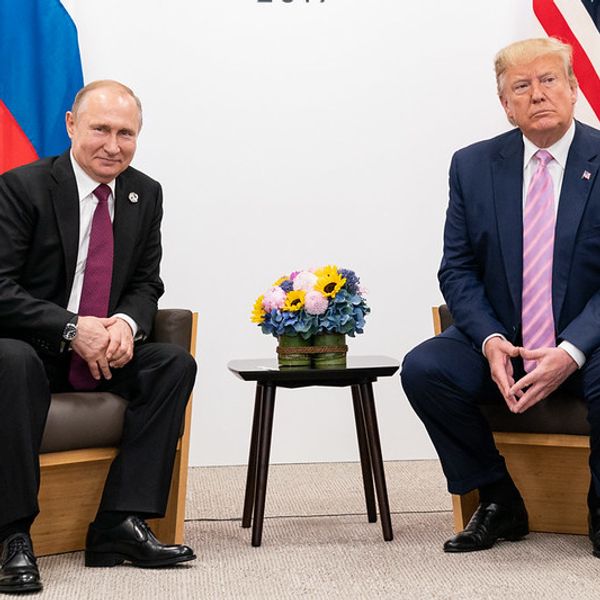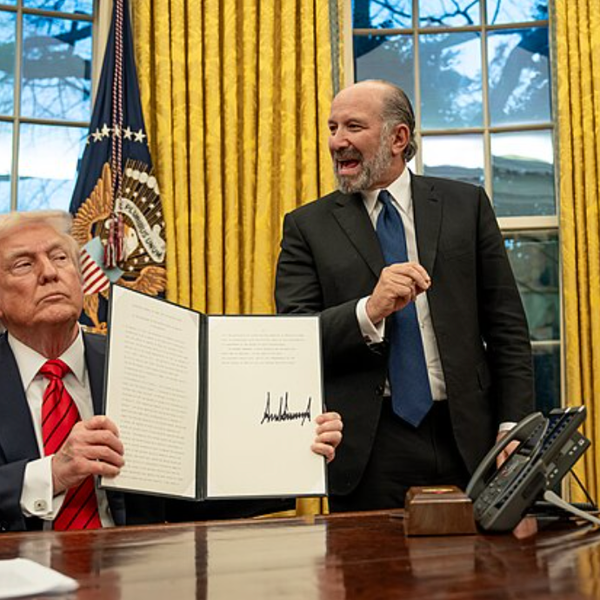
In a rare display of congressional bipartisanship on Wednesday, Rep. John Lewis (D-GA) and Rep. Jim Sensenbrenner (R-WI) sat side by side at a Senate Judiciary Committee hearing and proclaimed their unwavering support for all sections of the Voting Rights Act. Since then, bipartisan agreement on this issue has been hard to come by.
The Supreme Court struck down Section 4 of the Voting Rights Act last month and charged Congress with redrawing the law to fit the Court’s standards. Section 4 stipulates which states must obtain “pre-clearance” by the Department of Justice before changing their voting laws. The Court’s decision had immediate consequences: Following the ruling, a Voter ID law in Texas that was previously blocked took effect.
Republican president Ronald Reagan reauthorized the VRA in 1982. And more recently, the law was reauthorized again in 2006 with bipartisan support. But compromise on this issue today seems unlikely.
Vows to reform the law came from Sensenbrenner and Lewis on Wednesday. “Though the Voting Rights Act has been enormously successful, we know our work is not complete,” Sensenbrenner said at the Senate hearing. “I’m certainly on board to put something together that will last for a long time.” Referring to new efforts to suppress the vote — like the Texas Voter ID law — Lewis said at the hearing, “The Voting Rights Act is needed now like never before.”
There’s a chance the Democratic-controlled Senate may be able to pass a reformed version of the law. But pushing a bill through the House is improbable. Rep. Sensenbrenner, for one, has his doubts about the odds of a bill making it past the House. “Sometimes the differences between the House and the Senate are the difference between here and the moon,” he said at the hearing. “Hopefully, not on this one.”
House Republicans are not enthusiastic about redrawing the law. The House Judiciary Committee’s Constitution subcommittee is responsible for taking up the issue in the House; the subcommittee is chaired by Trent Franks, one of the few Republicans to vote against reauthorization of the Voting Rights Act in 2006.
The House Republicans’ position: The United States is a different country than it was in 1965, when the VRA was passed. States that needed pre-clearance by the DOJ in 1965 no longer need it.
Bob Goodlatte, chairman of the House Judiciary Committee, which met on Thursday, believes other sections of the Voting Rights Act are enough to stave off unjust voting laws. “Section 2 applies nationwide and prohibits voting practices or procedures that discriminate on the basis of race, color, or the ability to speak English,” he said at the House hearing. “Section 2 is enforced through federal lawsuits just like other federal civil rights laws, and the United States and civil rights organizations have brought many cases to enforce the guarantees of Section 2 in court, and they may do so in the future.”
Other Republican congresspeople believe the Voting Rights Act should be further gutted. “I think multilingual ballots become a question,” Rep. Steve King (R-IA) said at Thursday’s hearing. “There’s no logical reason that ballots should be in anything other than English.”
Finally, it would be up to House Speaker John Boehner to decide whether or not voting rights legislation would be subject to the Hastert rule, something he is not afraid to use. If the Voting Rights Act needs to be backed by a majority of House Republicans to make the floor, then all hope for this legislation is lost.
Photo via Wikimedia Commons








